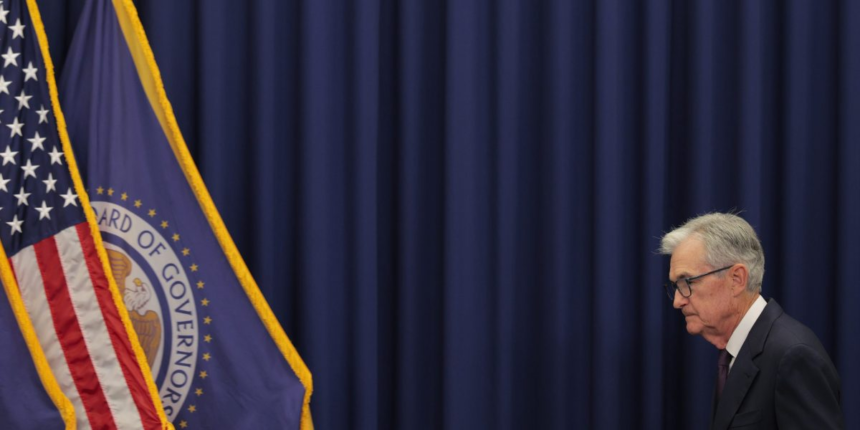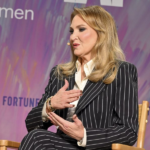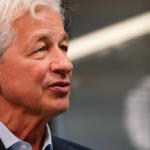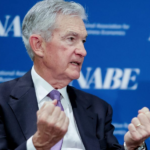Wall Street is largely convinced that the American economy will avoid a recession, with stocks climbing higher week-after-week thanks to this optimism. Yet consumers on the ground are looking increasingly shaky, pushing confidence barometers into unhealthy territory.
Consumer confidence dropped “sharply” in September, the organization wrote. The Consumer Confidence index declined to 94.2 in September from 97.8 in August, while the Present Situation Index (based on consumers’ assessments of business and labor market conditions) fell 7 points to 125.4. Both indices are measures against an 100 point benchmark recorded in 1985.
If that spending engine stutters it would have significant ramifications for the economy as a whole. Stephanie Guichard, senior economist, global indicators at The Conference Board, wrote alongside the data release: “The present situation component registered its largest drop in a year. Consumers’ assessment of business conditions was much less positive than in recent months, while their appraisal of current job availability fell for the ninth straight month to reach a new multiyear low.
“Consumers were a bit more pessimistic about future job availability and future business conditions but optimism about future income increased, mitigating the overall decline in the Expectations Index.”
Indeed, September’s deterioration doesn’t signal the first time the indicator has entered recession territory—it’s been there since February 2025—but marks a further step away from a healthy outlook over a prolonged period of time.
When it comes to economic forecasting, oftentimes the problem with inflation can come down not only to the actual increases in prices, but also consumers’ expectations of how much they will go up. That’s because expectations could either cause shoppers to change their habits unnecessarily, or begin hunting for higher-paid jobs and inducing a wage-price spiral.
On this front the Conference Board found slight improvement, but still cause for some concern. It reported consumers’ average 12-month inflation expectations sat at 5.8% in September from 6.1% in August—well above the reality of a little under 3% reported in the latest Bureau of Labor Statistics (BLS) reporting.
“Consumers’ write-in responses showed that references to prices and inflation rose in September, regaining its top position as the main topic influencing consumers’ views of the economy,” added Guichard.
That being said, economists are already warning spectators against relying too heavily on private sector data in a potential void of reporting during the government shutdown.
There will be no jobs report on Friday, nor will there be U.S. jobless claims data released during the shutdown. And with the BLS compiling the CPI report due to come in mid-October, this too could be impacted by the shutdown.
UBS’s chief economist warned clients in a note this morning: “Economists now lack official economic data from the U,S., private sector data is a poor substitute. Private data is like viewing the economy through a keyhole—clear, but with a narrow field of vision.”
“Official data is like opening the door. Private data relies on official data to model the bits of the economy outside its field of vision, and that modelling becomes less accurate in the absence of official data.”









